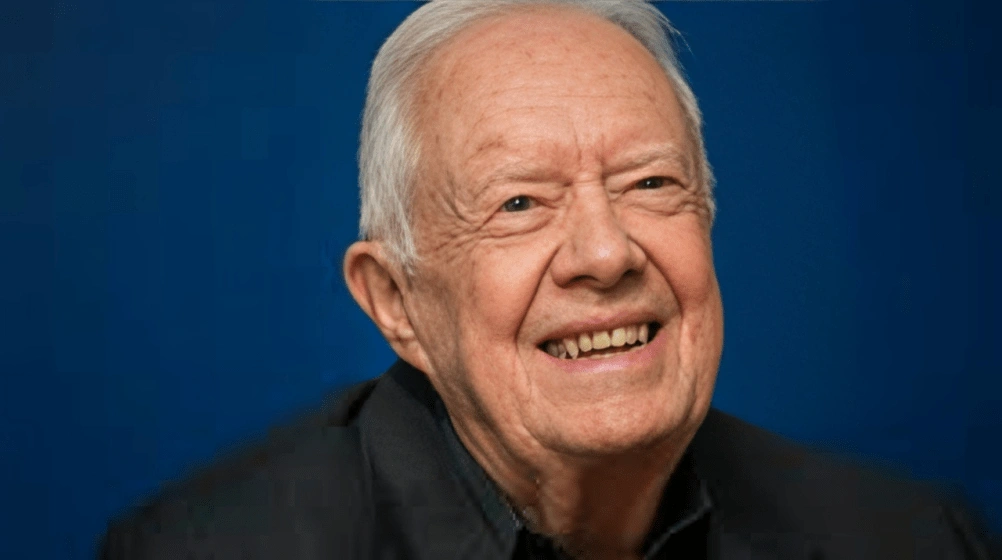Now, at the time when the United States is in profound mourning, the longest-living president in American history, former president Jimmy Carter, died. The former president died at the tender age of 100. The death marks an end to a long journey dedicated to public service, humanitarian work, and a commitment to making the world a better place. His death has elicited many tributes from political leaders, citizens, and organizations worldwide.
A Legacy of Service and Leadership
During his presidency from 1977 to 1981, he struggled for peace, human rights, and social justice. Some accomplishments in those areas include the Camp David Accords, leading to a peace treaty between Egypt and Israel, as well as other energy conservation and environmental protection efforts. His presidency saw good and bad, economic problems, and the Iranian hostage crisis, but the post-presidency years for Carter solidified his place as one of the most respected people in global diplomacy and humanitarian work.
After the presidency, Mr. Carter’s major attention was on the unification of efforts to attain peace as well as addressing world problems through co-founding Habitat for Humanity and creating a program by which he would build houses for the homeless. He was tireless efforts with the nonprofit establishment known as The Carter Center, founded in 1982 that concerned itself with international human rights advocacy, eradication of diseases, and democracies-building initiatives. All these efforts were relentlessly pursued, and so he was awarded the 2002 Nobel Peace Prize.
A President of Compassion and Integrity
Carter was one of those Presidents who was driven by an absolute moral conviction: deep in him, one simply understood this. During his life, the man was integrity and humility personified to the world beyond the United States. It was this definition of honesty, fairness, and service above self that helped bring about an understanding of leadership in the modern age.
Carter went on to stand at platforms for most of his late years, demanding peace and climate action and campaigning for civil rights. He associated with global health and poverty alleviation and, of course, women’s rights. After retiring from politics, he stayed in the eyes of the public through writing, speaking, and international diplomatic endeavors.
Reflections of a Great Life
Carter put an end to some of his 100 lives with the death of this fine spirit, who devoted his life to public service and made contributions for the benefit of mankind. His lifetime efforts left behind footprints impossible to erase by any human in the sands of this world. His leadership in the advocacy of peace, democracy, and human rights will always be exemplary for events and generations that are yet to come. His days on earth end, but his influence lives on.
Tributes continue to Pour In
Since the news of his death broke, tributes have flown in from all corners of the world. People have remembered the legacy of Carter, from political leaders through humanitarian organizations to simple citizens, all the way up to giving thanks for the tireless work toward peace and social justice he left behind. His is a legacy that reminds us that in true leadership, political office is not terminally necessary.
Conclusion
Jimmy Carter is gone at 100, bringing an end to an epoch not just for the U.S., but also the entire world. It is in such ways that the longest-lived president in the history of the United States shows what service and advocacy for the most part signify. His memory will be cherished as a president, as a philanthropist, and as an example of how one person can be a force for great change in the world. While mourning his loss, we also celebrate the legacy he leaves behind, of peace, justice, and transplantable irreplaceable effort into making the world a better place for all.



